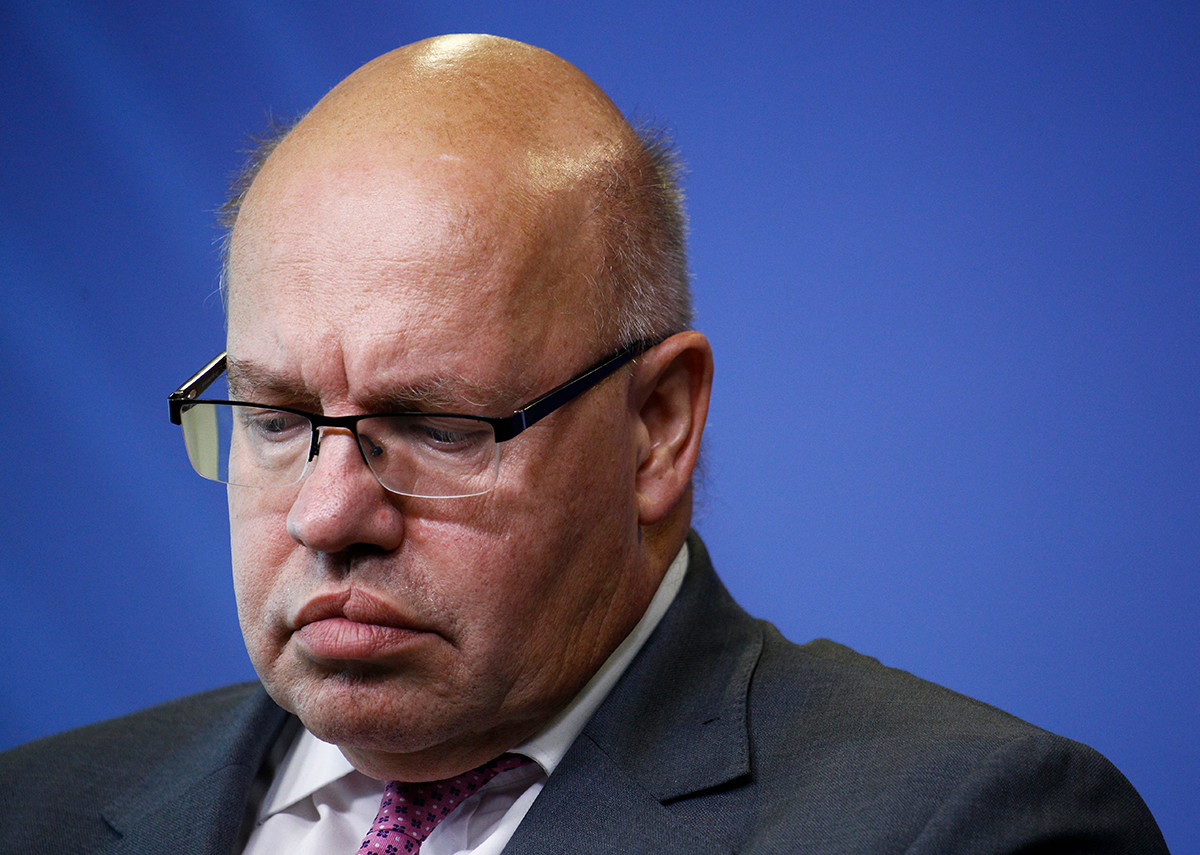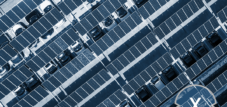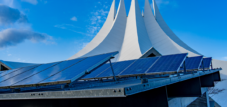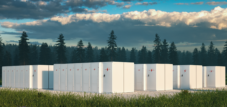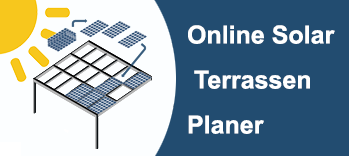Sun tax: Solar industry calls for deletion and a solar acceleration law
Language selection 📢
Published on: September 1, 2020 / update from: September 26, 2020 - Author: Konrad Wolfenstein
Business warns of new solar brakes - however, plans by the Federal Ministry of Economics to only support companies with new solar roofs in the fall as part of an amendment to the EEG (Renewable Energy Act) if they no longer consume a proportion of their own solar power and take part in auctions an aberration and a cost driver.
Without a significant acceleration of the expansion of photovoltaics, the recently decided gradual phase-out of coal will become a waste of climate policy, warns the Federal Solar Industry Association (BSW), with a view to a first draft of the amendment to the Renewable Energy Sources Act (EEG) that appeared at the beginning of the week. If there is no acceleration, market researchers believe there will be a gap in electricity generation in just a few years. If the expansion of renewable energies is too slow, it would inevitably lead to longer operating times for fossil and nuclear power plants in Europe.
The BSW is therefore calling on the federal government to finally release the brakes on the now inexpensive climate protection technology within the framework of a solar acceleration law and to refrain from further braking maneuvers. The expansion of photovoltaics (PV) must take place twice as quickly as planned by the federal government in its current climate protection program for 2030. In order to accelerate the annual PV expansion from currently around four gigawatts to at least ten gigawatts, unused commercial roofs in particular would have to be mobilized significantly more for solar power harvesting than is currently the case.
Exactly the opposite is now at risk if the Federal Ministry of Economics' alleged plans become reality, warns the BSW as part of an initial brief assessment of the EEG draft, which is to be discussed in the federal government, the Bundestag and the state chamber in the next few weeks.
The BSW plans of the economic department in the future describes only operations to promote new photovoltaic systems if this solar power no longer consumes proportionately and have previously successfully participated in an auction. “These conditions are harassed and the opposite of what the energy transition needs and drives forward. It would be as if you were forcing farmers to market their yields completely and they would no longer be allowed to consume them for their own consumption, ”explains BSW general manager Carsten Körnig.
The German industry and Chamber of Commerce (DIHK) agree with the BSW in a note that a system change towards tenders in solar roofs will brake the willingness to invest instead of inspiring them. This is also evidenced by the experience of the neighboring country France. “The French Solardach auctions are considered failed and an investor fright. They are regularly signed and also expensive. The need for funding is 20 percent above Germany, ”says Körnig.
Sun tax cancellation: Elimination of this market barrier
Economic and consumer protection associations have been calling for some time to increase the willingness to invest in solar technology by the fact that market barriers such as the EEG surcharge introduced in 2014 are finally eliminated at solar power consumed on site. Körnig: “The solar tax blocks billion dollar investments in the energy transition in the areas of electricity, heat and mobility. In addition to the expansion of photovoltaics, it makes it difficult to launch urgently needed intelligent and decentralized solutions of storage and sector coupling and sometimes even violates EU law ”.
The removal of this market barrier is also at the top of a current industry survey by the BSW and the Intersolar Europe trade fair on the most important reform wishes in connection with the upcoming amendment to the law in the area of building photovoltaics, in which over 500 solar companies took part.
Finally, the BSW warns of avoidable cost increases in connection with the latest plans from the Federal Ministry of Economics and calls for a thorough revision of the legal plans. This would quickly further reduce the costs and subsidy dependency of Germany's most popular form of energy. The first solar parks can now be built in Germany without subsidies and investors can also be found on roofs for market premiums of a few cents. In 2017 - at the time of the last major amendment to the EEG - comparable solar power systems received a third higher subsidy. In the last ten years this has even fallen to a quarter of its previous value.
Suitable for:
- Solar brake planned: EEG and the federal cabinet
- 97 percent of solar entrepreneurs warn of a decline in demand for solar roofs



